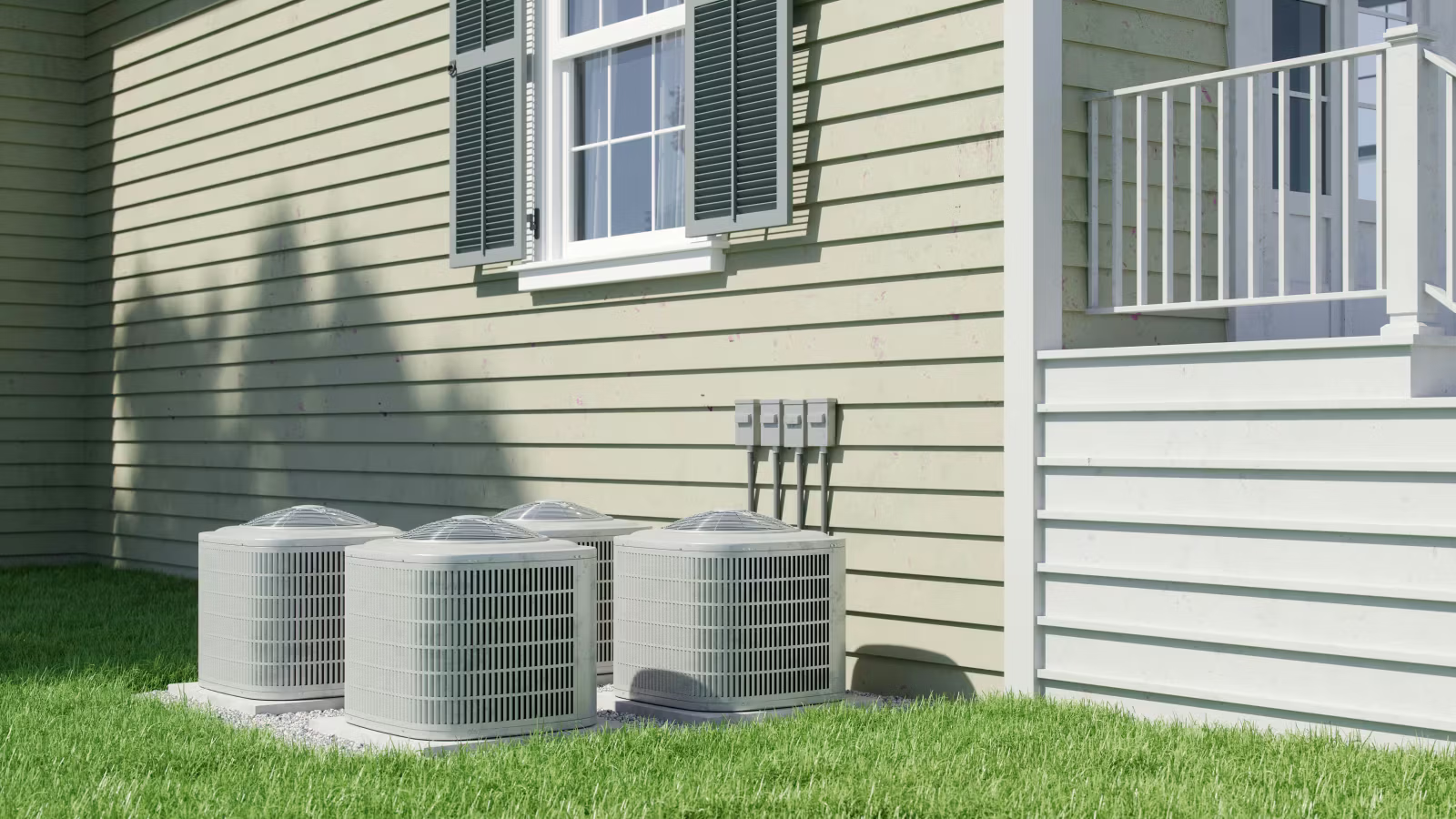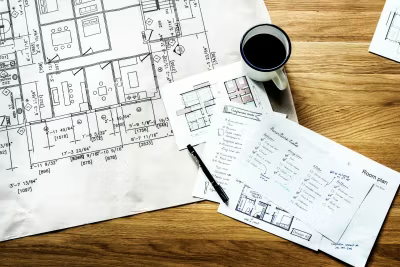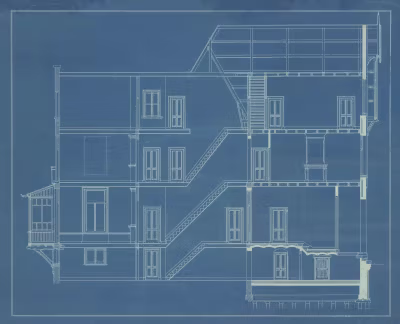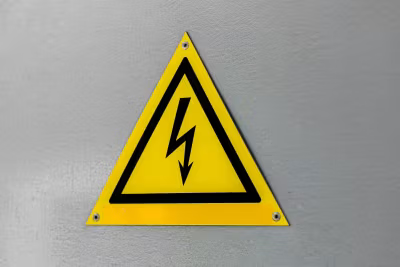HVAC Design & Installation Defects

A home’s heating, ventilation, and air conditioning (HVAC) system is supposed to provide comfort year-round—keeping temperatures steady, humidity balanced, and air clean. When that system is improperly designed or installed, it can cause more than discomfort. Poor HVAC work often leads to condensation, mold growth, uneven heating and cooling, and even structural moisture problems that spread beyond the mechanical system itself.
How HVAC Defects Develop
HVAC systems rely on a precise balance between equipment size, duct layout, airflow, and insulation. If any of these elements are miscalculated or poorly executed, the system cannot perform as intended. Builders frequently rely on subcontractors who install “cookie-cutter” systems without accounting for the home’s unique layout, elevation, or insulation values.
When a furnace or air conditioner is undersized, it runs constantly and wears out prematurely. When it’s oversized, it cycles on and off too quickly, causing wide temperature swings and excess humidity. Poorly routed ductwork or missing insulation creates uneven airflow, leaving some rooms freezing while others overheat. In some homes, condensation inside improperly vented ducts or attic spaces leads to water damage and microbial growth.
Common Signs of HVAC Design or Installation Defects
Uneven temperatures throughout the home
Excess humidity or persistent condensation on windows
Mold growth near vents or in attic spaces
Noisy or rattling ducts
Weak airflow in certain rooms
Frequent equipment failures or unusually high energy bills
These symptoms often point to underlying design errors rather than simple maintenance issues.
Why These Defects Occur
HVAC issues in new construction and remodels are usually caused by poor design or careless installation, such as:
Improperly sized furnaces, air conditioners, or duct systems
Inadequate ventilation or missing return air ducts
Condensate lines that leak or drain incorrectly
Improper refrigerant charging or unsealed duct joints
Lack of required insulation or vapor barriers in attics and crawl spaces
Failure to follow manufacturer specifications or building codes
These problems are compounded when builders skip system commissioning or fail to test airflow and temperature balance before closing on the home.
Who Is Responsible
Under Colorado’s building codes and the Construction Defect Action Reform Act (CDARA), builders, HVAC contractors, and developers are required to ensure that all mechanical systems are designed and installed in accordance with manufacturer instructions and industry standards. When they fail to do so, they can be held liable for resulting property damage, health risks, or loss of use.
Manufacturers and suppliers may also bear responsibility if defective components—such as control boards, evaporator coils, or condensate pumps—contribute to system failure.
How Hollington Law Firm Can Help
At Hollington Law Firm, we represent Colorado homeowners facing HVAC design and installation defects that affect comfort, indoor air quality, or building integrity. We work with independent mechanical engineers and environmental consultants to assess system performance, identify design errors, and document related damage.
Our firm guides homeowners through Colorado’s Notice of Claim process, negotiates with builders and insurers, and, when necessary, litigates to recover the costs of repair or replacement. Our focus is on restoring proper comfort and function while holding accountable those responsible for the defective system.
Contact Us
If your home suffers from uneven heating, moisture buildup, or HVAC system failures, contact Hollington Law Firm to schedule a consultation. We’ll help you understand the source of the problem, explain your rights under Colorado law, and take steps to ensure the responsible parties pay for necessary corrections.
Have Questions About Your Case?
Schedule a free 15-minute screening call to discuss your construction defect or property damage claim with our experienced attorneys.



